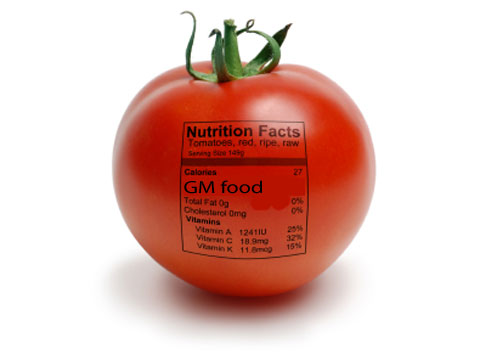Americans Against Fracking Commends Maryland Legislators for Introducing Statewide Fracking Ban

Americans Against Fracking, a national coalition dedicated to banning fracking, and drilling associated with fracking for oil and natural gas in the United States, commends Delegate Shane Robinson and Senator Karen Montgomery for having the courage to introduce legislation in Maryland that bans hydraulic fracturing statewide. With this legislation, the State of Maryland has become a shining example of how to stand up to the powerful oil and gas lobby. It shows that Maryland’s legislators find the livelihoods and health of their constituency to be more important than the profits of oil and gas companies. Let’s hope teh governor of New York does the same!
Procter & Gamble Agrees to Reduce Carcinogen in Tide
Procter & Gamble has agreed to reformulate Tide and other popular laundry detergents to reduce contamination with 1,4 dioxane, defined as a carcinogen by California consumer product safeguards known as Proposition 65. The giant multinational’s action came in response to a lawsuit filed last year by an Oakland-based nonprofit called As You Sow. “This decision by Procter and Gamble is not only welcome news for its customers but could ripple across the entire industry, putting P&G’s competitors in an uncomfortable position if their products also contain this cancer-causing contaminant,” said Sonya Lunder, a senior research analyst with Environmental Working Group. “The health and well-being of consumers should play just as an important role in a company’s business plan as profits, and this action by one of the world’s largest corporations proves it’s possible.”EWG’s Guide to Healthy Cleaning rates more than 2,000 household cleaning products, including the Tide line of laundry soaps and detergents. You can see how each scored and other chemicals in them here.
Genetic Changes to Food May Get Uniform Labeling
 With Washington State on the verge of a ballot initiative that would require labeling of some foods containing genetically engineered ingredients and other states considering similar measures, some of the major food companies and Wal-Mart, the country’s largest grocery store operator, have been discussing lobbying for a national labeling program.Executives from PepsiCo, ConAgra and about 20 other major food companies, as well as Wal-Mart and advocacy groups that favor labeling, attended a meeting in January in Washington convened by the Meridian Institute, which organizes discussions of major issues. The inclusion of Wal-Mart has led labeling advocates to believe that the big food companies will shift away from tactics like those used to defeat Proposition 37 in California last fall, when corporations spent more than $40 million to oppose the labeling of genetically modified foods.“They spent an awful lot of money in California — talk about a lack of return on investment,” said Gary Hirshberg, co-chairman of the Just Label It campaign, which advocates national labeling, and chairman of Stonyfield, an organic dairy company. Instead of quelling the demand for labeling, the defeat of the California measure has spawned a ballot initiative in Washington State and legislative proposals in Connecticut, Vermont, New Mexico and Missouri, and a swelling consumer boycott of some organic or “natural” brands owned by major food companies, such as Muir Glen, which is owned by General Mills.
With Washington State on the verge of a ballot initiative that would require labeling of some foods containing genetically engineered ingredients and other states considering similar measures, some of the major food companies and Wal-Mart, the country’s largest grocery store operator, have been discussing lobbying for a national labeling program.Executives from PepsiCo, ConAgra and about 20 other major food companies, as well as Wal-Mart and advocacy groups that favor labeling, attended a meeting in January in Washington convened by the Meridian Institute, which organizes discussions of major issues. The inclusion of Wal-Mart has led labeling advocates to believe that the big food companies will shift away from tactics like those used to defeat Proposition 37 in California last fall, when corporations spent more than $40 million to oppose the labeling of genetically modified foods.“They spent an awful lot of money in California — talk about a lack of return on investment,” said Gary Hirshberg, co-chairman of the Just Label It campaign, which advocates national labeling, and chairman of Stonyfield, an organic dairy company. Instead of quelling the demand for labeling, the defeat of the California measure has spawned a ballot initiative in Washington State and legislative proposals in Connecticut, Vermont, New Mexico and Missouri, and a swelling consumer boycott of some organic or “natural” brands owned by major food companies, such as Muir Glen, which is owned by General Mills.

Comments are closed.